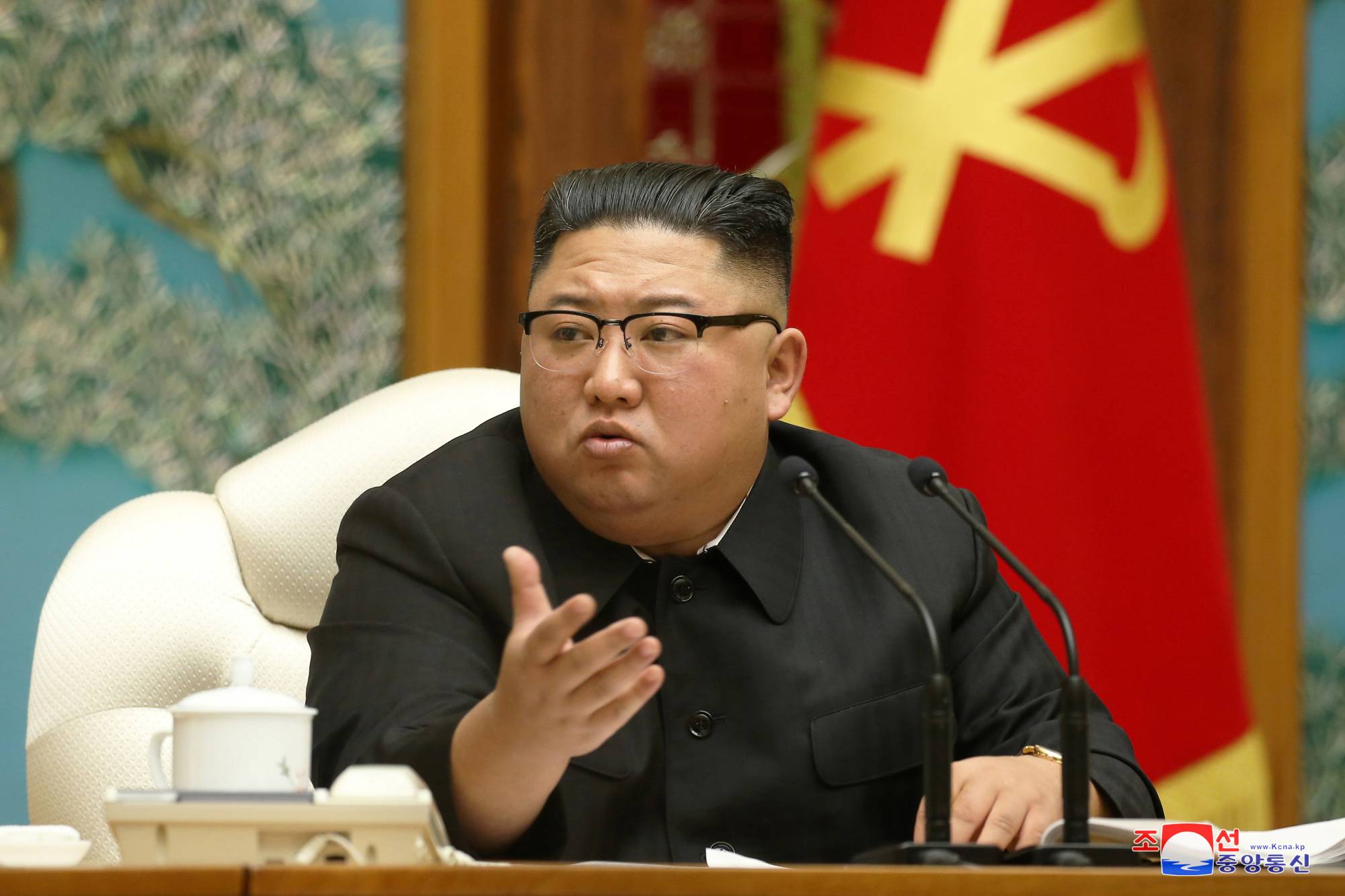North Korea has criticized the U.S. weapons aid to Taiwan, accusing it of escalating tensions in the region. The U.S. revealed the aid package for Taiwan worth up to $345 million, with Congress authorizing $1 billion for weapons as part of the 2023 budget.
According to the official KCNA news agency, Maeng Yong Rim, director general of North Korea’s foreign ministry’s Chinese affairs department, stated that the plan is a “dangerous political and military provocation” and a “flagrant violation” of the One China principle. North Korea stated that the U.S. plans to make Taiwan an unsinkable base against China.
China claims Taiwan as its territory and warns against any official exchanges between Washington and Taipei. Taiwan rejects China’s sovereignty claims and asserts that only its people can decide their future.
The statement from North Korea warned that the Asia-Pacific should not be a theater of U.S. military activity. It cautioned that the U.S. would have to face consequences for provoking China’s core interest.
Kim Jong Un, North Korean leader, met with Chinese delegation in Pyongyang, vowing to enhance relations to a new high. Before the meeting, they reviewed Kim’s latest nuclear-capable missiles and attack drones during a military parade.
China’s military has been demonstrating its strength around the island, sending numerous fighters, bombers, and other aircraft, including drones, to Taiwan’s south, as reported by Taiwan’s defense ministry.
The Taiwan Strait remains a sensitive flashpoint in global geopolitics. The U.S. commitment to Taiwan’s defense, coupled with the regional complexities, underscores the broader implications of this issue. International actors face a challenging task in navigating the complex Asia-Pacific landscape to maintain peace and security.
